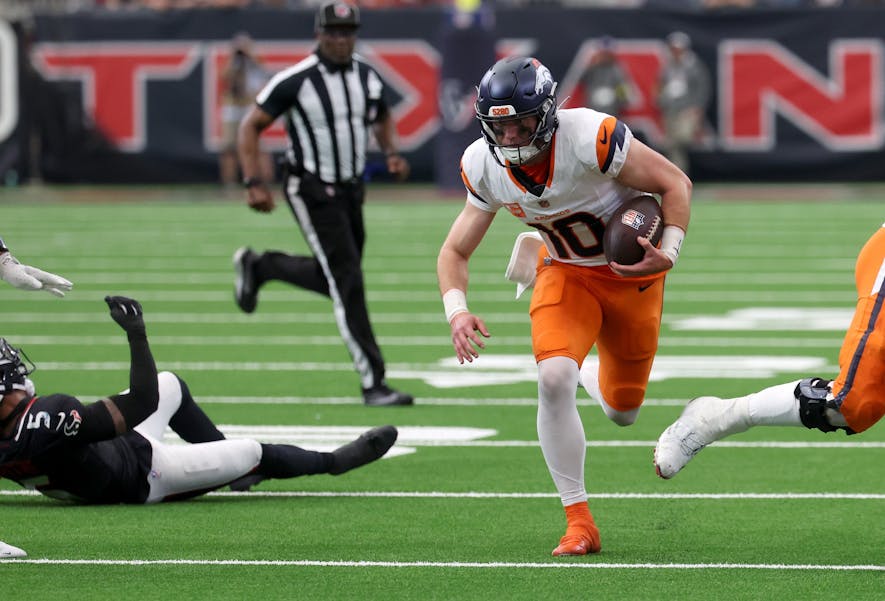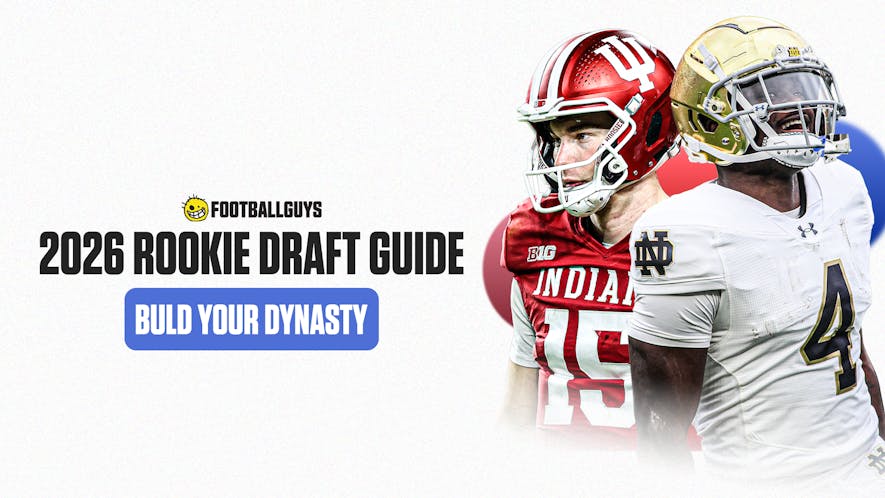A good sports betting column should be backed by a profitable gambler with a proven track record. It should offer picks generated by a sophisticated and conceptually sound model. Most importantly, it should treat the subject with the seriousness it warrants.
This is not that column.
Instead, this will be an offbeat look at the sports betting industry-- why Vegas keeps winning, why gambling advice is almost certainly not worth the money, and the structural reasons why even if a bettor were profitable, anything they wrote would be unlikely to make their readers net profitable, too.
While we're at it, we'll discuss ways to minimize Vegas' edge and make recreational betting more fun, explain how to gain an advantage in your office pick pools, preview games through an offbeat lens (with picks guaranteed to be no worse than chance), and touch on various other Odds and Ends along the way.
Let's Talk About Those Lines
Every week in this space, I provide a table of "lines I'm seeing". I've discussed in the past how useless this is in practice for a picks column; Vegas can shade the odds on a given line to make it a better or worse bet than the spread itself would suggest, and if they cared about me (they certainly don't), they could even change lines in response to any inefficiencies I wrote about so by the time you read this column that inefficiency would be gone.
There's another way those lines are misleading, though; it acts like they're a monolith.
I get all of the lines I post here from nflgamedata.com, run by a guy named Lee Sharpe. I use that site because, while many sites want to keep their data in their own little silo, Lee is an open data evangelist; it's not just possible to scrape data from his pages, it's actively encouraged, and he goes out of his way to make sure everything keeps working. For someone like me who is working with NFL lines on a weekly basis, that's a massive boon. He even keeps a csv file of all of his data that anyone is free to access at any time.
(Additionally, I generally browse the internet with a VPN for improved privacy and security. This kills access to any gambling site until I turn it off. Because Lee is not selling me anything and doesn't have to maintain compliance with a patchwork of laws and regulations, he doesn't care if anyone accesses his site anonymously. In general, assume any links I provide are solely for information and not meant as an endorsement; this case is an exception.)
Lee doesn't set the lines himself; he mostly gets them from Pinnacle sportsbook, but in cases where Pinnacle doesn't offer odds for a particular game, he'll find them from somewhere else. (As an aside, Lee gathers these lines for a "Confidence Pool" game he runs where participants assign confidence levels to specific game outcomes and see if they can outperform the Las Vegas lines. At the moment, just 20 out of 360 users are outperforming Vegas. The pool winners from the last three seasons rank 7th, 40th, and 99th, meaning 2 of the 3 participants who have won the entire thing before are trailing Vegas in 2025. Vegas is very, very difficult to beat.)
But different books will have different lines. One book might have a team at -3 while the other has them at -3.5. Even if two books both have a team at -3.5, maybe one is giving -105 odds on it while the other is giving +105 (meaning a win pays out more money on the latter book than the former). Lines and odds don't vary a ton from one book to the next (if they did, algorithmic bettors could place contradictory bets on opposing sites with the most favorable odds for each side and book a small but guaranteed profit). But these small variations are often the difference between a 52% bet and a 53% bet, and that difference is often the margin between a profitable week and an unprofitable week, which is why serious gamblers engage in "line shopping", or hunting for the best deal they can possibly find.
This site illustrates the kinds of variance you can expect in lines. The "Line I'm Seeing" for the game tonight is Denver -9.5 with an over/under of 42.5. However, at the time I'm writing this, I could get Denver -8.5 (-115) from the Fanduel sportsbook, or alternatively, I could get Denver -9.0 (-105) from MGM's sportsbook. The former gives me more winning scores, while the latter gives me a higher payout if I'm right. And while most sites are offering the over at 42.5, the odds it's offered at range from -112 to -120. (Alternately, I could take the over at 43.0, which gives me fewer winning scores, but pushes the odds down to -110.)

How much does that matter? Not a lot, and also quite a bit. If you make every bet at the standard -110 odds (so a bet of $100 pays out $90.90 when successful and Vegas pockets a 4.5% vigorish on every dollar bet), you need to be right 52.4% of the time to make a profit. If you instead placed every bet at -120, you'd instead need to be right 54.5%. In absolute terms, it's a very small difference; just two extra correct picks out of every 100 bets.
But given how difficult it is even to build a 2.4% edge over the house, how impossible must it be to build one nearly twice that size? A gambler who is exceptionally bad at line shopping might need to be twice as good as one who is exceptionally good at line shopping.
And this is with relatively small shifts in odds. As I've mentioned before, the more of your money Vegas is willing to take on a bet, the sharper you should assume its odds are. That plays out here, too; in sides and totals, we're looking at maybe a half-point shift between the "best" and the "worst" line. These variances are much larger on bets with lower maximums. Totals and odds on player props, for instance, can differ quite substantially from one site to the next.
What's more, books will often deliberately add "juicy" odds on a lower-limit bet in the hopes that once you're in the door, you'll make several other more profitable (for them) bets as well. But the end result is that a substantial percentage of gambling profitably is just constantly shopping around for the best odds you can buy.
For recreational gamblers like us, it's not as big of a deal; we're losing money in the long run, but hopefully, we're having fun doing it. It's usually not worth spending 10 hours a week line-shopping to reduce our expected losses by $8 a week. Like a lot of things, once you do the math on costs and benefits, you quickly discover that you've just invented a massively sub-minimum wage job for yourself.
But it might at least be worth keeping two or three different sportsbooks or betting apps handy and looking for the best odds you can find between them.

